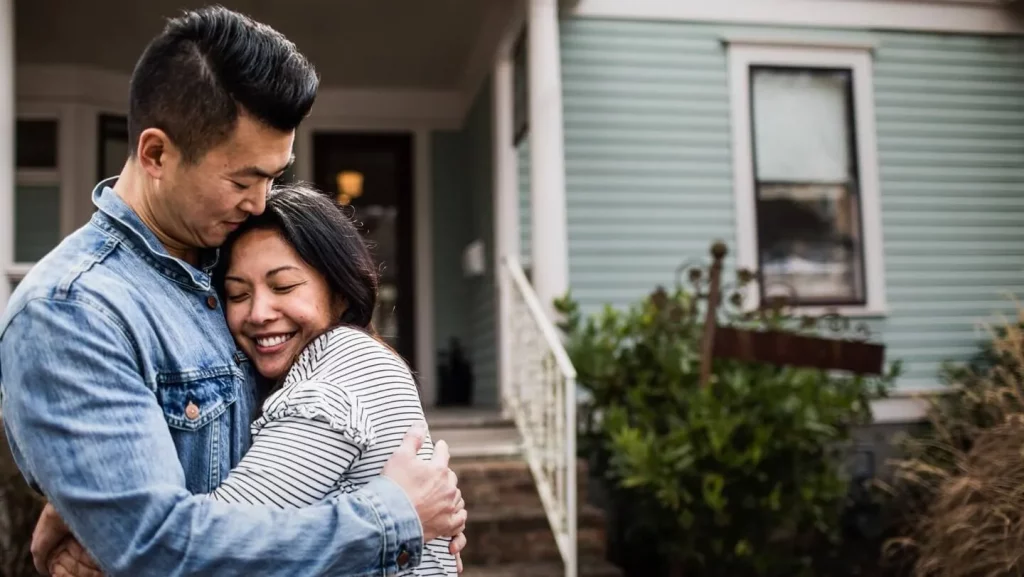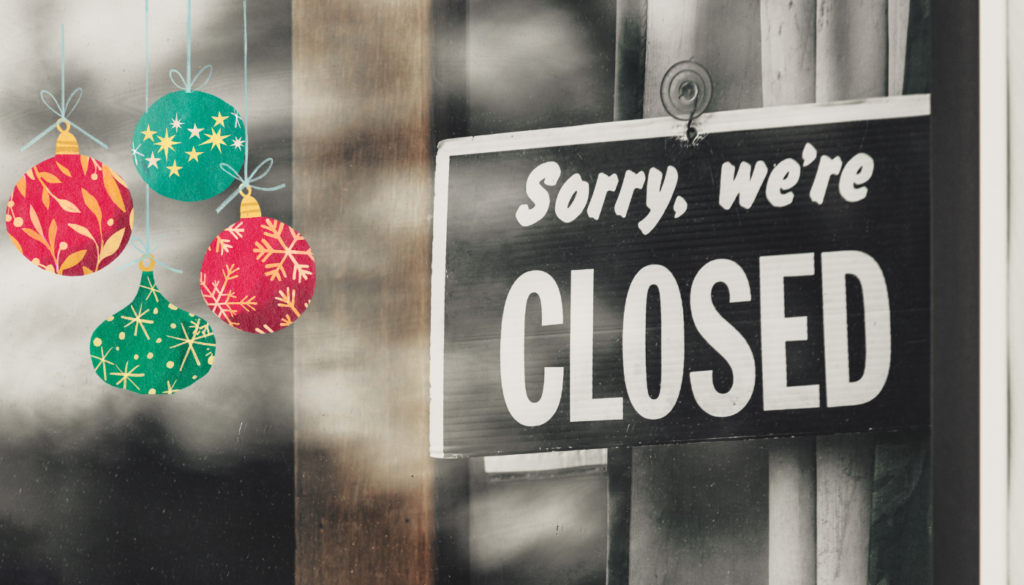For Your Business
Superannuation guarantee increase to 10.5%
The Superannuation Guarantee (SG) rate will rise from 10% to 10.5% on 1 July 2022 and will continue to increase by 0.5% each year until it reaches 12% on 1 July 2025.
If you have employees, what this will mean depends on your employment agreements. If the employment agreement states the employee is paid on a ‘total remuneration’ basis (base plus SG and any other allowances), then their take-home pay might be reduced by 0.5%. That is, a greater percentage of their total remuneration will be directed to their superannuation fund. For employees paid a rate plus superannuation, then their take-home pay will remain the same and the 0.5% increase will be added to their SG payments.

$450 Super guarantee threshold removed
From 1 July 2022, the $450 threshold test will be removed and all employees aged 18 or over will need to be paid superannuation guarantee regardless of how much they earn. It is important to ensure that your payroll system accommodates this change so you do not inadvertently underpay superannuation.
For employees under the age of 18, Super guarantee is only paid if the employee works more than 30 hours per week.
Minimum wage increase of 5.2%
The Fair Work Commission’s Minimum Wage Panel has determined an increase in the minimum wage of 5.2% and an increase to the award minimum wage of 4.6%, effective 1 July. The panel took into account key differences in economic indicators from the last two financial years, including:
- CPI growth
- Trimmed mean inflation
- Unemployment rate
- Persons employed
- Non-mining business investment growth
- WPI growth
In announcing its decision, the Panel noted the most significant changes since last year’s review decision have been the sharp rise in the cost of living and the strengthened labour market.
The commission has delayed increases to 1 October for the following awards:
- Aircraft Cabin Crew Award 2020
- Airline Operations – Ground Staff Award 2020
- Air Pilots Award 2020
- Airport Employees Award 2020
- Airservices Australia Enterprise Award 2016
- Alpine Resorts Award 2020
- Hospitality Industry (General) Award 2020
- Marine Tourism and Charter Vessels Award 2020
- Registered and Licensed Clubs Award 2020
- Restaurant Industry Award 2020.

You can access all the supporting documents via the Fair Work Commission here and the summary of the decision here.
Lowering tax instalments for small business – PAYG
PAYG instalments are regular prepayments made during the year of the tax on business and investment income. The actual amount owing is then reconciled at the end of the income year when the tax return is lodged.
Normally, GST and PAYG instalment amounts are adjusted using a GDP adjustment or uplift. For the 2022-23 income year, the Government has set this uplift factor at 2% instead of the 10% that would have applied. The 2% uplift rate will apply to small to medium enterprises eligible to use the relevant instalment methods for instalments for the 2022-23 income year:
- Up to $10 million annual aggregated turnover for GST instalments, and
- $50 million annual aggregated turnover for PAYG instalments
The effect of the change is that small businesses using this PAYG instalment method will have more cash during the year to utilise. However, the actual amount of tax owing on the tax return will not change, just the amount you need to contribute during the year.
For You
Home loan guarantee scheme extended
The Home Guarantee Scheme guarantees part of an eligible buyer’s home loan, enabling people to buy a home with a smaller deposit and without the need for lenders mortgage insurance. An additional 25,000 guarantees will be available for eligible first home owners (35,000 per year), and 2,500 additional single parent family home guarantees (5,000 per year).

Downsizer contributions from age 60
From 1 July 2022, eligible individuals aged 60 years or older can choose to make a ‘downsizer contribution’ into their superannuation of up to $300,000 per person ($600,000 per couple) from the proceeds of selling their home. Currently, you need to be 65 years or older to utilise downsizer contributions.
Downsizer contributions can be made from the sale of your principal residence that you have owned for the past ten or more years. These contributions are excluded from the age test, work test and your total superannuation balance (but not exempt from your transfer balance cap).
First home saver scheme – using super to save for a first home
The First Home Super Saver Scheme enables first home buyers to withdraw voluntary contributions they have made to superannuation and any associated earnings, to put toward the cost of a first home. At present, the maximum amount of voluntary contributions you can make and withdraw is $30,000. From 1 July 2022, the maximum amount will increase to $50,000. The benefit of this scheme is the concessional tax treatment of superannuation.
Read More Blogs
Accurate Logbook & Odometer Readings: Essential for FBT Compliance
As the end of March approaches, so does the conclusion of the Fringe Benefits Tax…
Unlocking Success: The Benefits of Coaching for Small Business Owners
Understanding Your Minimum Repayment Obligations
6 Tips for Small Business Owners Preparing for the Christmas period
Everything You Need to Know About Your Work From Home Deductions
If you worked from home during the 2024 financial year, this blog is for you!…
3 Ways to Reduce Business Expenses Without Sacrificing Quality
In the dynamic world of small business, maintaining a lean operation without compromising on quality…







